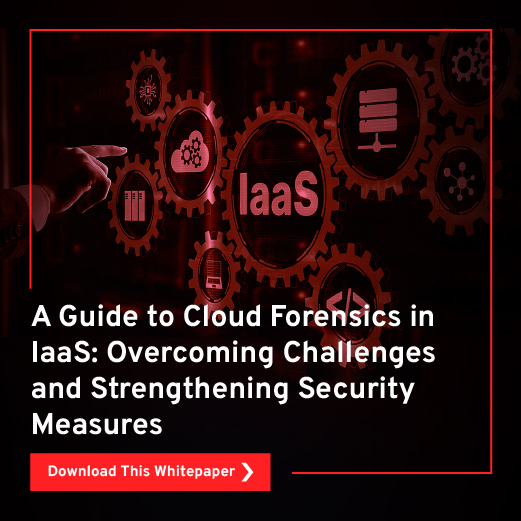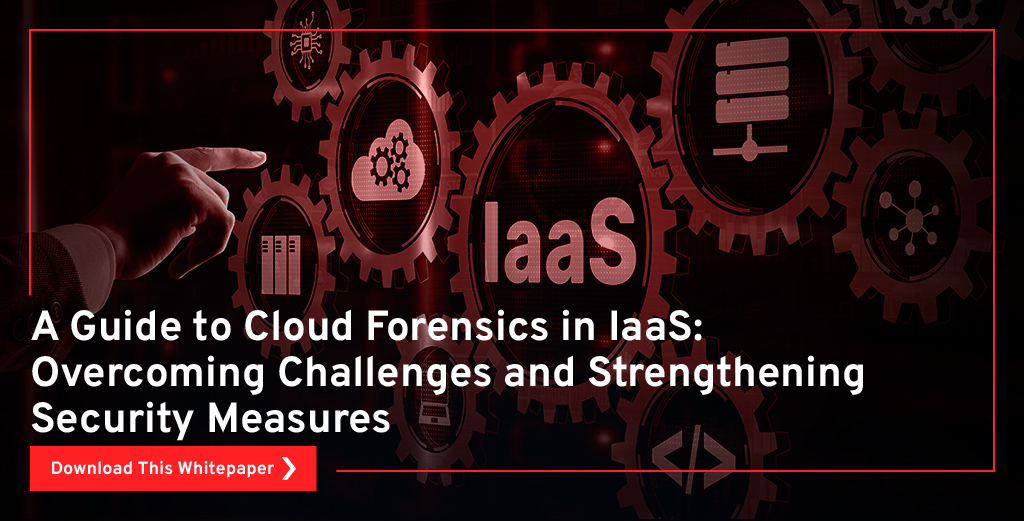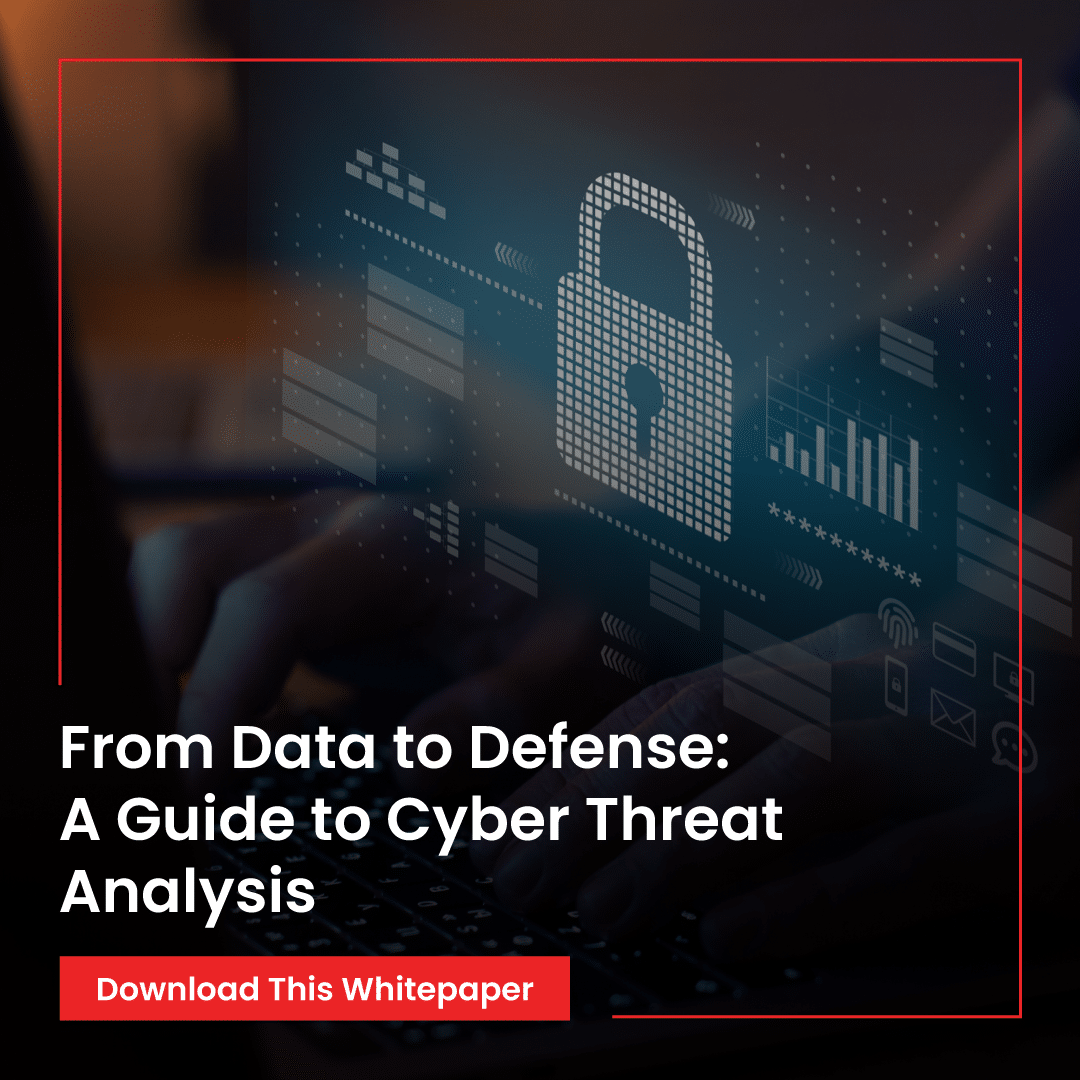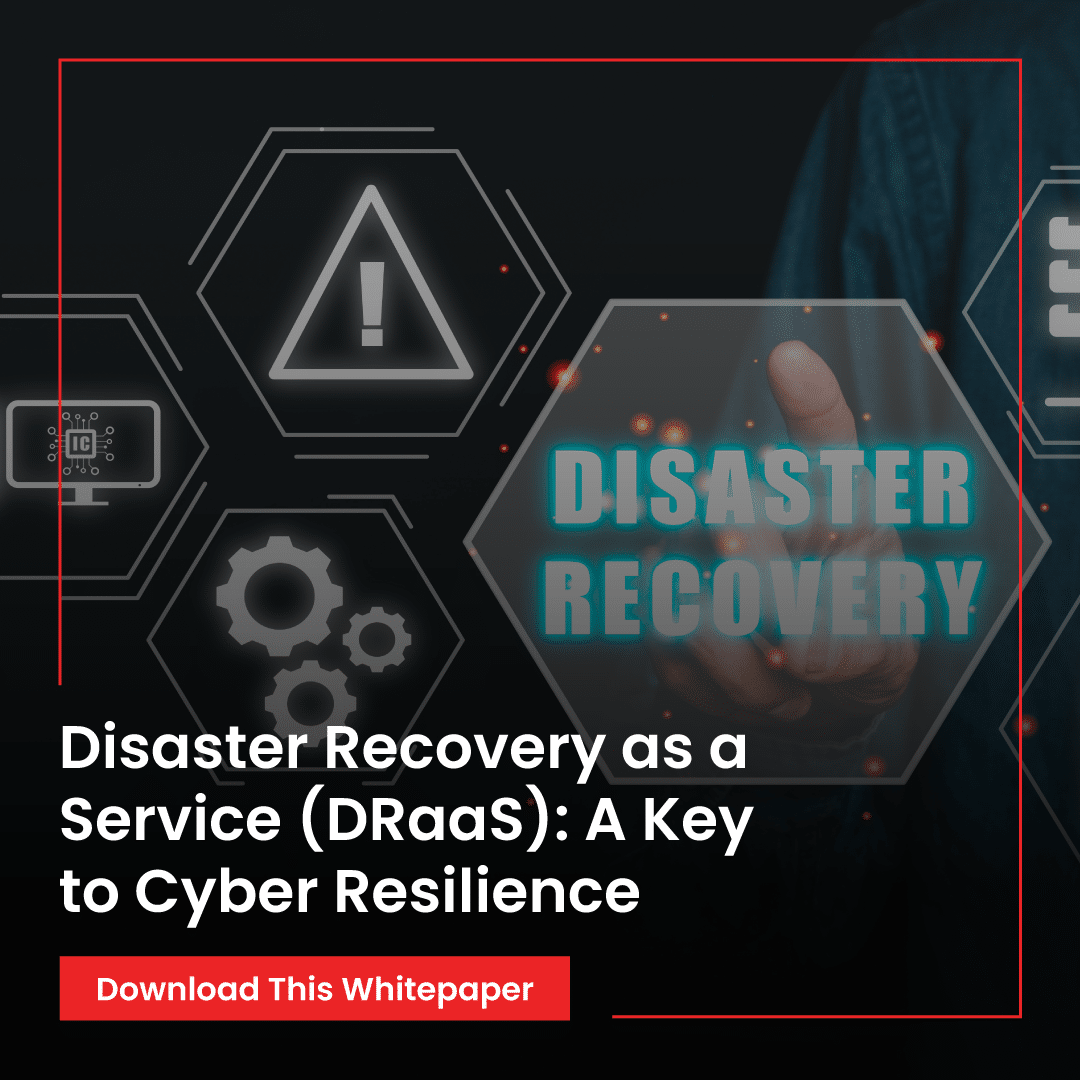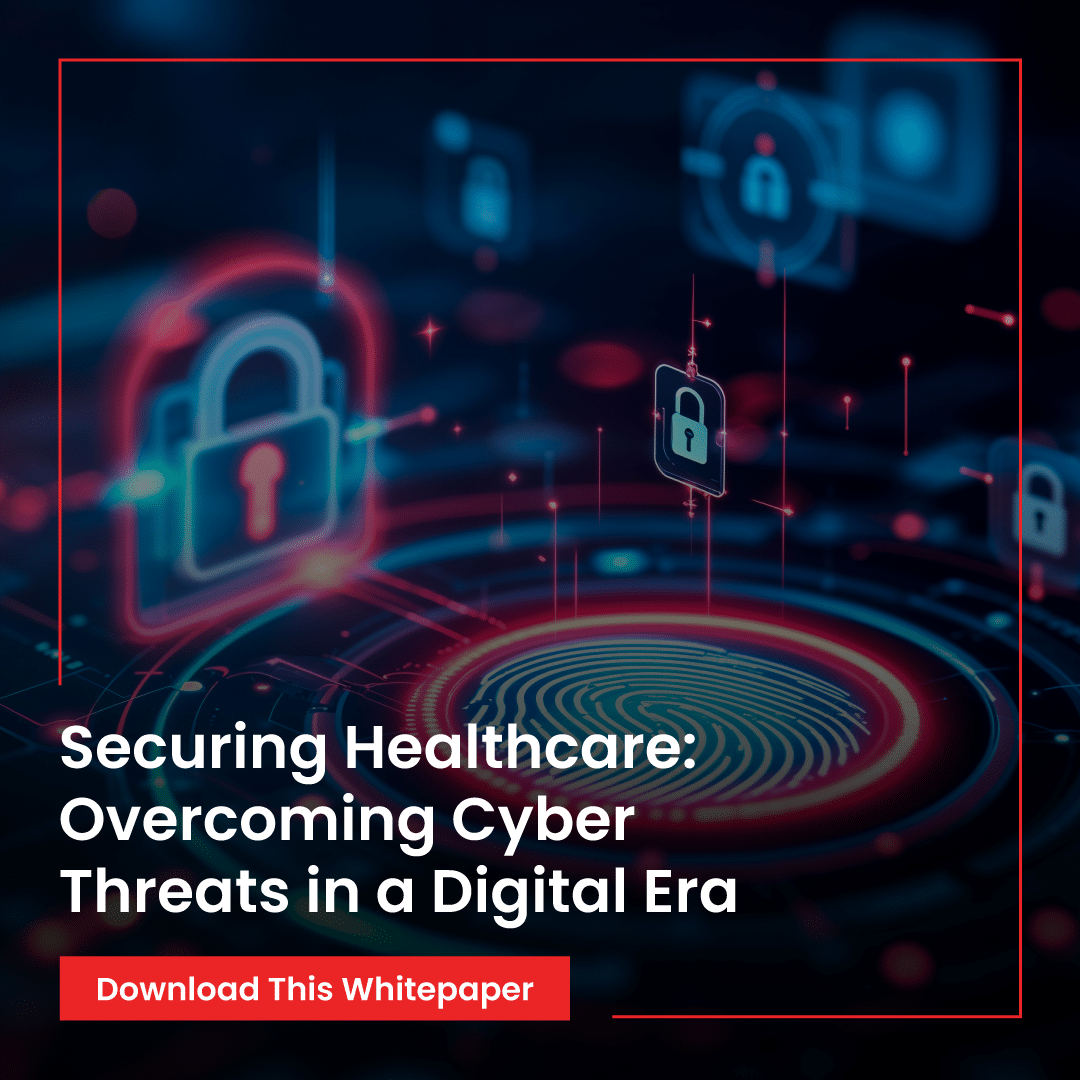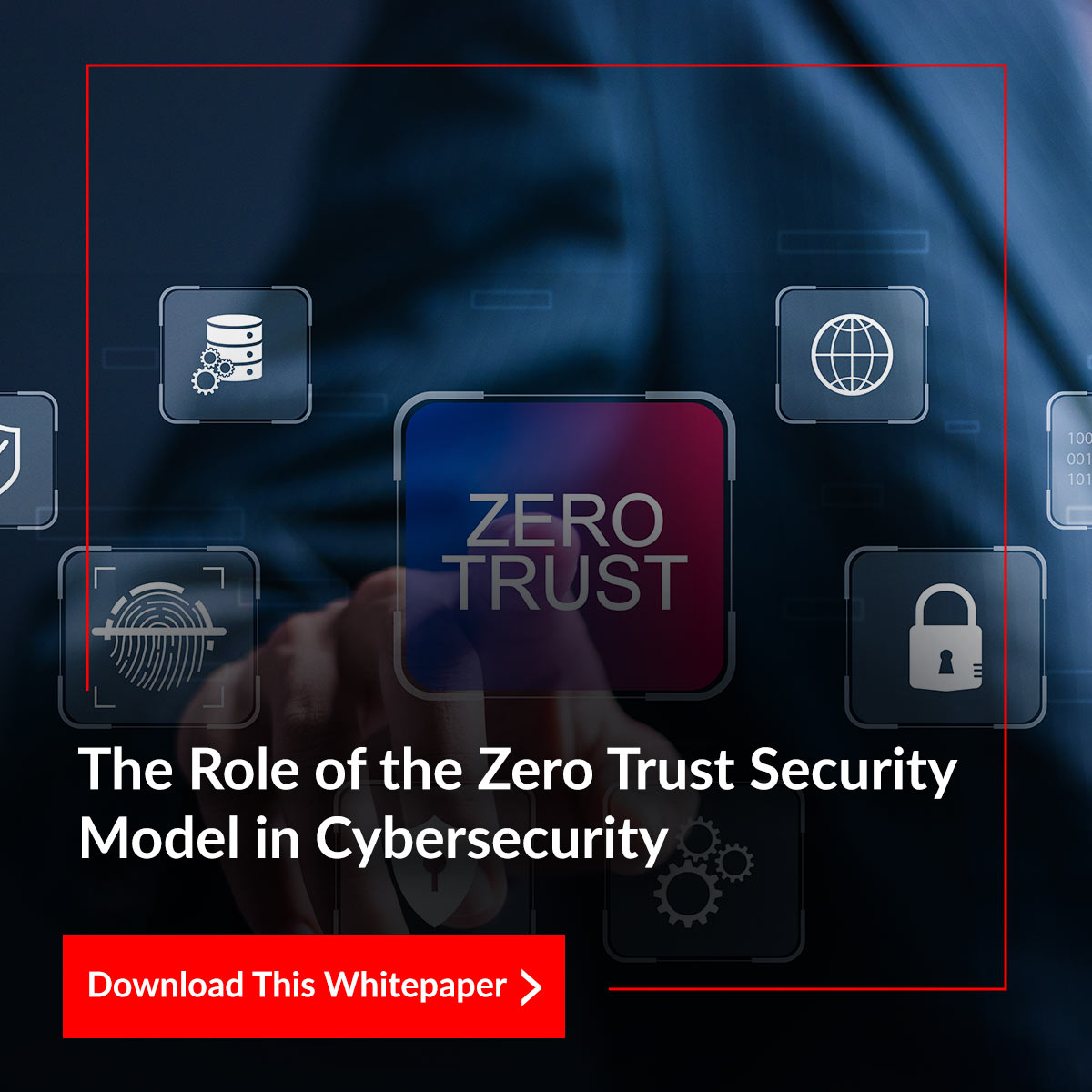A Guide to Cloud Forensics in IaaS: Overcoming Challenges and Strengthening Security Measures
Cloud computing has become a vital component of today’s IT infrastructure. The advantages of cloud computing, such as its scalability, flexibility, and affordability, have made it an attractive choice for businesses seeking to update their IT infrastructure. However, as more organizations embrace cloud computing, the need for cloud forensics in Infrastructure as a Service (IaaS) environments is becoming increasingly critical. EC-Council’s latest whitepaper, “A Guide to Cloud Forensics in IaaS: Overcoming Challenges and Strengthening Security Measures,” authored by Dr. Apurva Pradeep Joshi, Independent Non-Executive Director, Nihilent, explores these challenges and provides guidance on strengthening security measures.
The whitepaper delves into the complexities of cloud forensics in IaaS environments and highlights the need for effective security measures to mitigate risks. It emphasizes the importance of understanding the shared responsibility model in cloud environments and the role of IaaS providers in ensuring security. Furthermore, the paper provides a comprehensive overview of the challenges associated with cloud forensics in IaaS and strategies for overcoming them.
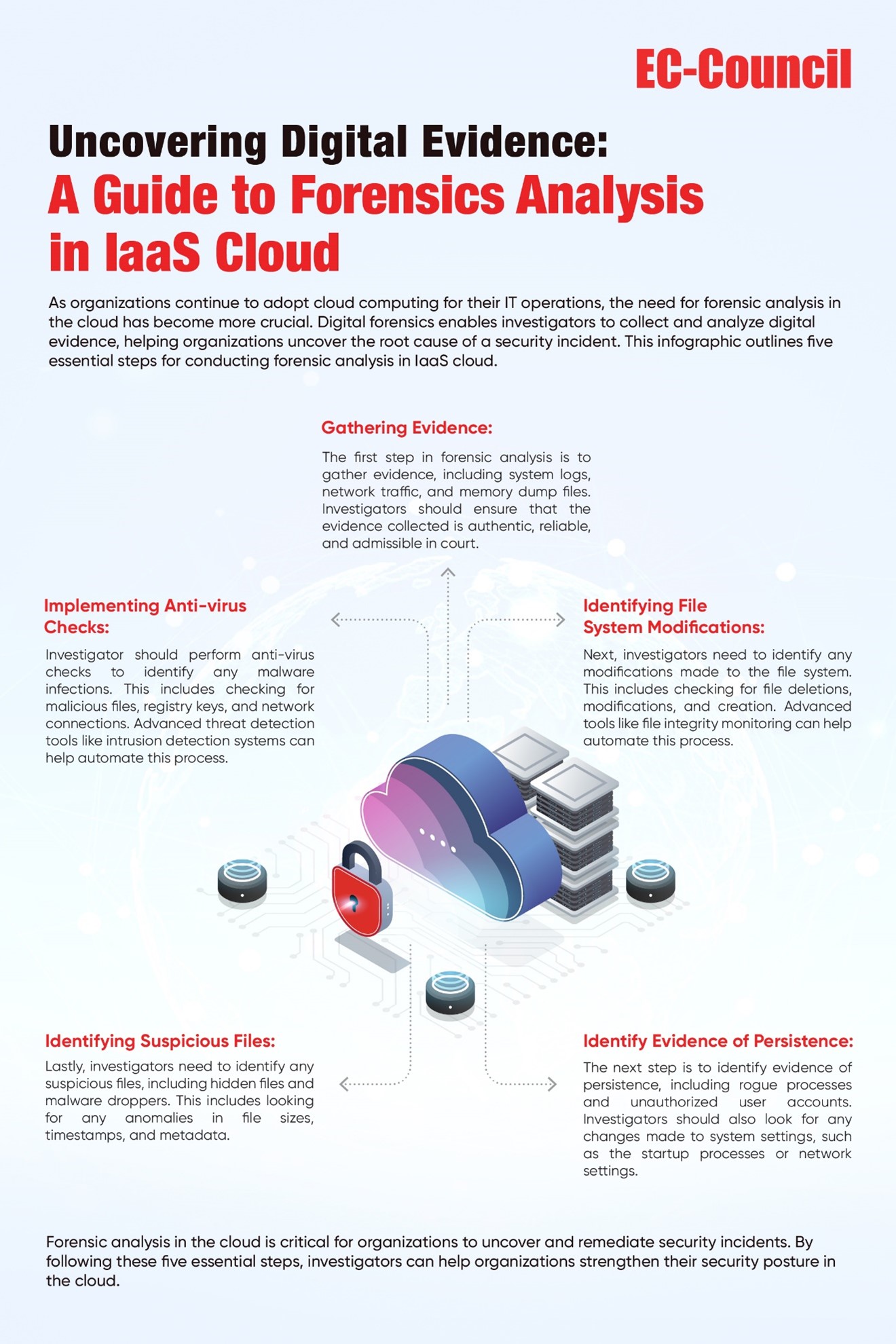
One of the key insights from the whitepaper is that the traditional approach to digital forensics does not necessarily apply to cloud environments. While traditional forensic techniques involve collecting and analyzing data from physical devices, cloud forensics require the collection and analysis of data from virtual machines, storage devices, and network components that are often spread across multiple geographical locations. The whitepaper provides practical guidance on how to overcome the challenges associated with this unique environment, including understanding the cloud architecture, identifying relevant data sources, and leveraging automation tools.
Another significant insight from the whitepaper is the need to establish a robust incident response plan specifically for cloud environments. In addition to detecting and analyzing security incidents, incident response in cloud environments must also consider factors such as multi-tenant environments, data privacy regulations, and the dynamic nature of the cloud. The whitepaper outlines the key steps involved in developing a cloud-specific incident response plan, including defining roles and responsibilities, establishing communication channels, and testing the plan regularly.
Overall, EC-Council’s whitepaper on cloud forensics in IaaS environments is an essential read for security professionals, IT administrators, and cloud service providers. The whitepaper provides practical guidance on how to overcome the unique challenges associated with cloud forensics in IaaS environments, and how to develop effective security measures to detect and investigate security breaches. Download the whitepaper PDF below by submitting your details in the form provided.


